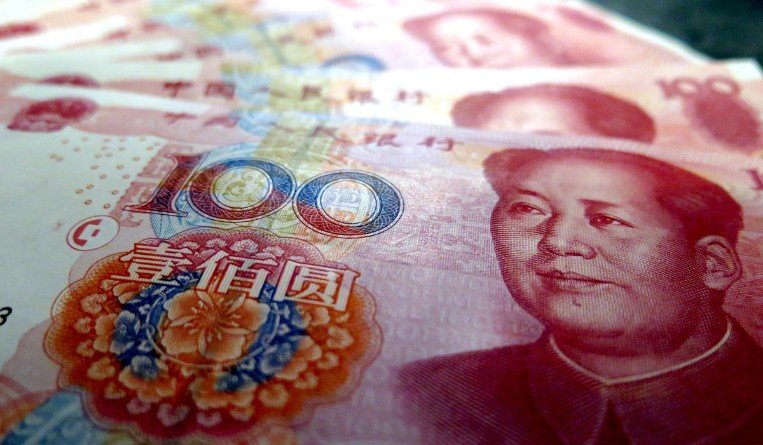Free trade zones globally are starting to revive post-pandemic, although by a narrow margin, a World Free Zones Organization webinar was told.
Almost half, or 47%, of zones taking part in the survey said they already see the first signs of improvement in business, Saskia Meuchelböck, an economist at the Kiel Institute for the World Economy, told the webinar. Those reporting no signs of improvements were close behind with 43%. The remaining 10% of free zones reported no affect.
The F-WEB, or Free Zones World Economic Barometer, survey consisted of easy-to-answer qualitative questions on current developments and expectations regarding a limited number of key variables (turnover, output, investment, prices, etc.)
Asia has led the way in the recovery, with China a clear leader. “They were the ones that recovered first,” said Meuchelböck. “We did see that Asia, led by China, was the first region to see development.”
Behind the fragile revival is a lot of economic uncertainty.
When asked “Is activity in your Free Zone currently affected by the economic impact of coronavirus pandemic?” nearly two-thirds or 63% of zones surveyed said the impact was “to some extent negative.” On top of this, 20% said things were substantially negative, just ahead of the 17% who reported no real impact. No zones reported an increase in business.
A number of responses were used by zones with a clear emphasis on more online facilities. Providing Covid-19-related content and services for investors was the most common response, followed by increasing digital services for firms located in the Free Zone with 53% and expanding online presence/online investor acquisition at 60%.
Any timeline for a broader based-recovery tends to be long-term. One statistic from the FZO is that 39% of its members think recovery will be within one to two years, with a quarter plumping for two years.
Michael Mackey



